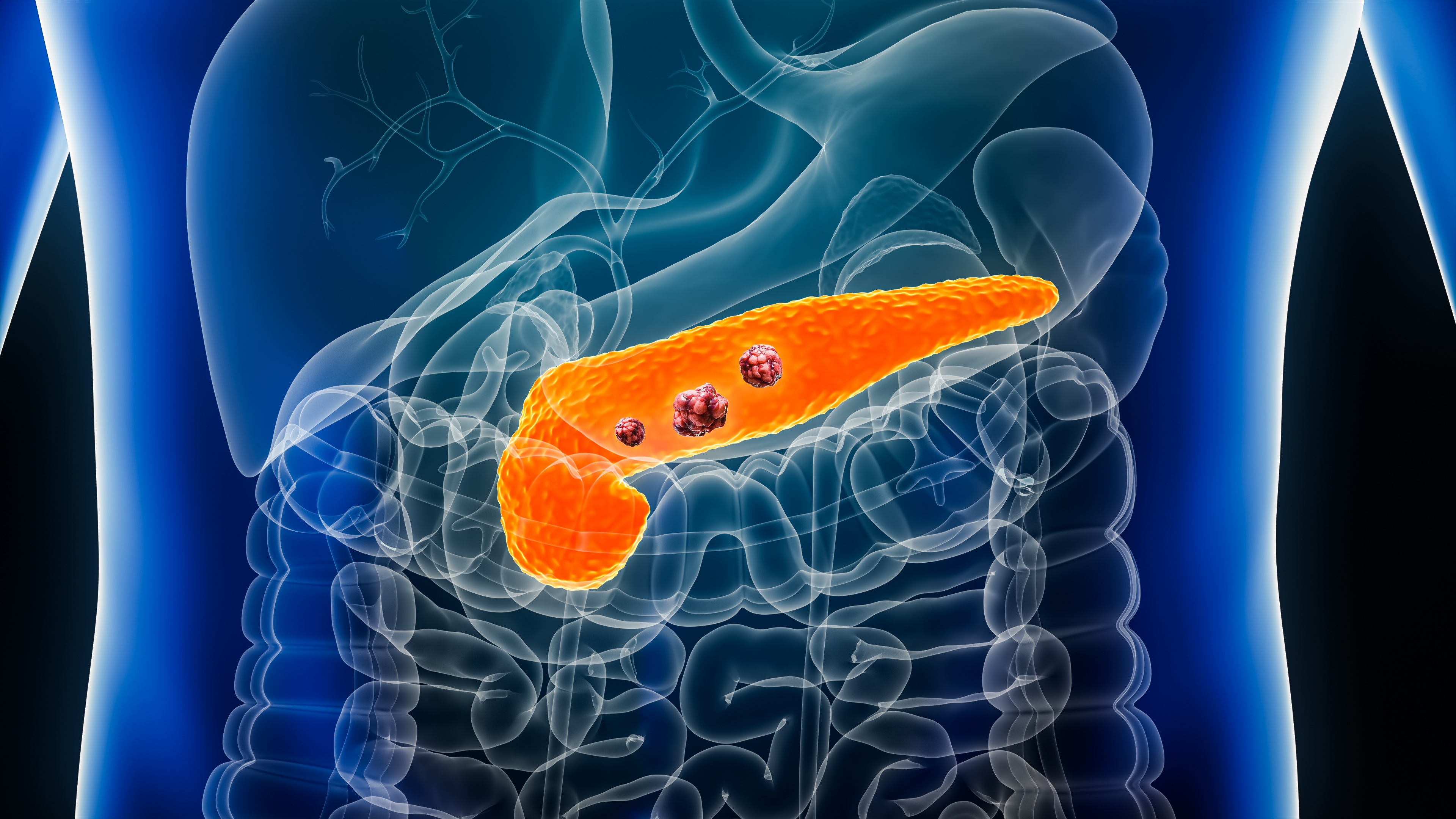Pancreatitis Associated Proteins as a Treatment for Pancreatic Diseases
A novel method for developing diagnostic tools and treatments for pancreatitis through the use of a truncated pancreatitis-associated protein (PAP).
Acute pancreatitis ranges in severity from a mild, self-limiting course treated with conservative methods, to a more aggressive variety causing sepsis, pancreatic necrosis, and hemorrhage. Approximately 25% of acute pancreatitis cases will progress in severity and require surgery. The regeneration (Reg) family of proteins, which include Reg I (pancreatic stone protein) and Reg III (pancreatitis-associated protein – “PAP”), are a family of proteins minimally expressed in the normal pancreas but strongly induced in acute pancreatitis. Studies show that inhibition of Reg/PAP expression significantly worsens pancreatitis. Furthermore, histopathologic evaluation of the pancreas reveals worsened edema, elevated leukocyte infiltration, and fat necrosis after antisense-treatment.
This technology enables the diagnosis and treatment of pancreatitis through the use of a truncated PAP. For example, the technology provides several methods for developing treatments based on various proteins. The technology can also enable the development of a method for screening candidate pancreatitis treatments. This includes providing a mammal with a pancreatitis condition, administering to the mammal an amount of a candidate pancreatitis-associated protein having a truncated form, and observing a result. In addition, the technology provides a method for making an antibody to portions of pancreatitis-associated protein to serve as a diagnostic tool for use in pancreatitis.

• Provides a novel method for treating pancreatitis.
• Versatile – enables methods for both diagnosing and treating pancreatitis, as well as screening candidate pancreatitis treatments.
The primary applications for this technology are the development of diagnostic tools and treatments for pancreatitis. This includes screening candidate pancreatitis treatments.
Issued United States Patent: US8,012,928
TRL 3 - Experimental proof of concept
This technology is available for licensing.
This technology would be of interest to anyone involved in the development of pancreatitis diagnostic tools and treatments, including:
• Pharmaceutical companies.
• Hospitals.
• Medical research facilities.
• Universities.
Patent Information:
| App Type |
Country |
Serial No. |
Patent No. |
Patent Status |
File Date |
Issued Date |
Expire Date |
|